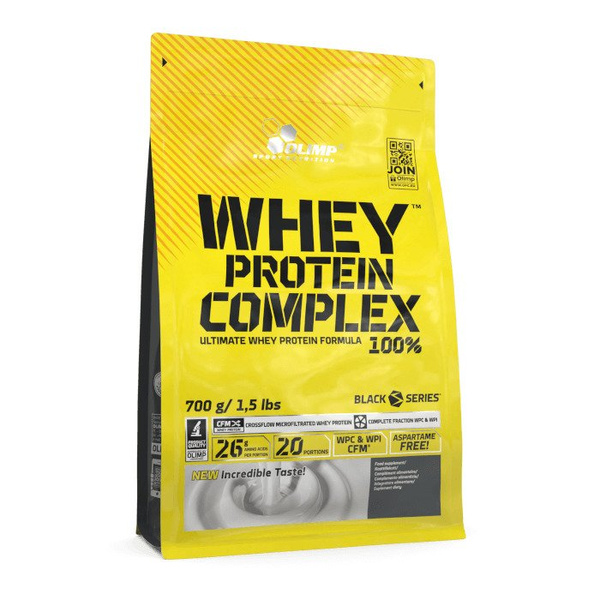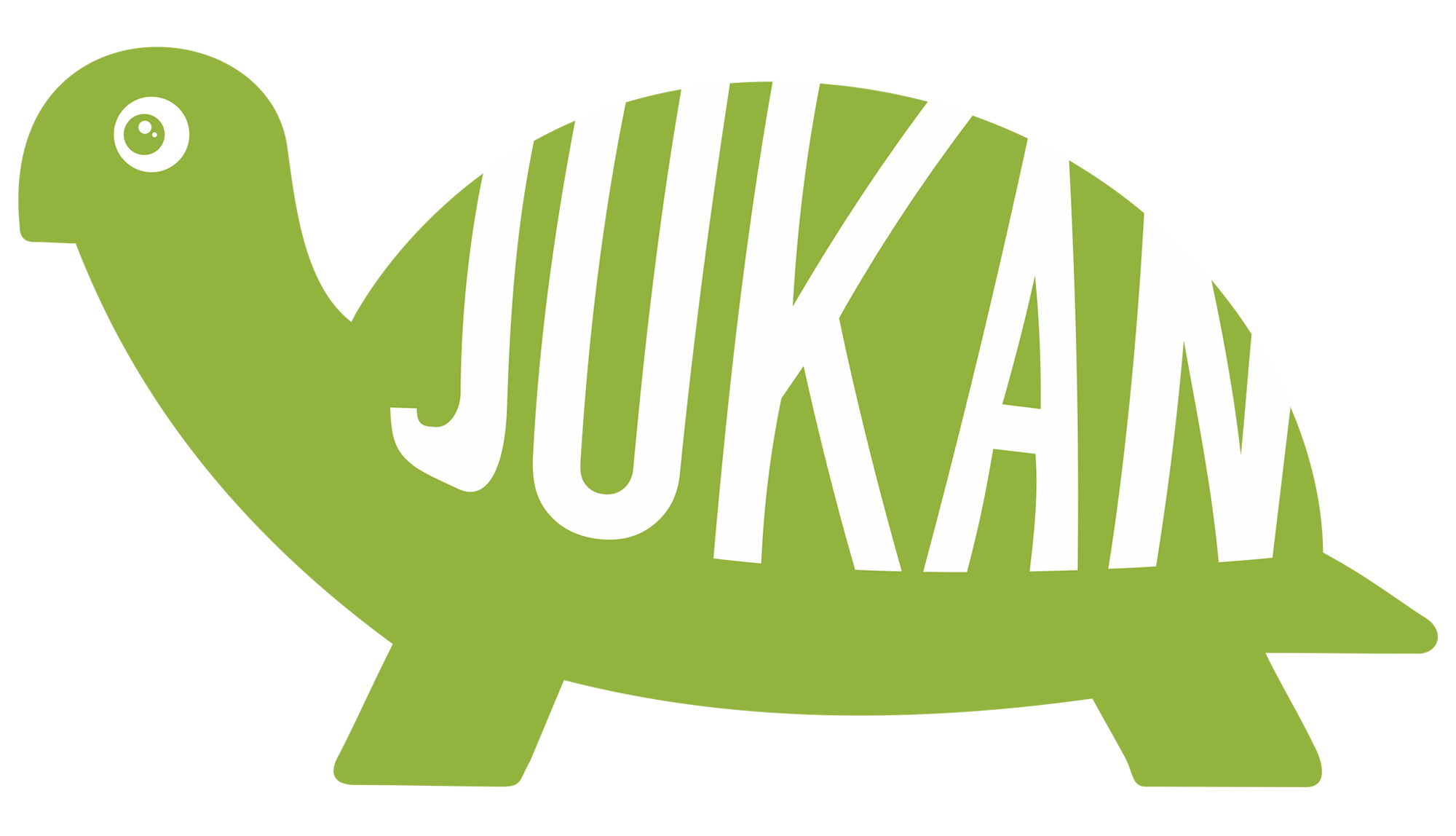Types of Protein Supplements.
Types of Protein Supplements Available on the Market – Which One Should You Choose?
Protein supplements are among the most commonly used dietary products by athletes and physically active individuals. Protein plays a key role in muscle building and recovery, which is why supplementation is especially popular among gym-goers, runners, and those aiming to reduce body fat.
This article presents the most popular types of protein supplements available on the market, their properties, and tips on how to choose the best protein powder for your training goals.
Why Should You Use Protein Supplements?
During intense training, the body’s demand for protein increases. If we fail to provide enough through diet, muscle recovery may slow down, and muscle breakdown may occur. Protein supplements offer a convenient and quick way to increase daily protein intake.
Benefits of Protein Supplementation:
faster post-workout recovery
supports muscle mass development
helps reduce body fat
convenient way to supplement the diet with high-quality protein
The Most Popular Types of Protein Supplements
1. Whey Protein
The most commonly chosen form of protein among athletes. Derived from milk, it is characterized by very fast absorption.
Types of Whey Protein:
WPC (Whey Protein Concentrate) – 70–80% protein, affordable price
WPI (Whey Protein Isolate) – up to 90% pure protein, very low fat and lactose
WPH (Whey Protein Hydrolysate) – fastest absorption, ideal for rapid recovery
Best for: individuals building muscle mass and strength-training athletes.
2. Casein Protein
Absorbs more slowly than whey, providing a steady release of amino acids into the bloodstream.
Use: ideal before sleep or during long breaks between meals.
Benefits: reduces the risk of nighttime catabolism, supports recovery while sleeping.
Best for: people who want to build muscle and improve nighttime regeneration.
3. Beef Protein
Derived from beef and often recommended for people who are lactose intolerant.
Benefits: high protein concentration, no lactose, naturally contains creatine.
Best for: individuals avoiding dairy and seeking an alternative to whey.
4. Soy Protein
The most popular plant-based protein supplement.
Benefits: complete amino acid profile, beneficial effect on cholesterol levels.
Best for: vegans, vegetarians, and people with lactose intolerance.
5. Pea Protein
A rapidly growing plant-based alternative with good digestibility.
Benefits: high BCAA content, hypoallergenic.
Best for: individuals seeking a plant-based, gluten-free, lactose-free option.
6. Rice Protein
Easily digestible and well tolerated by people with sensitive digestive systems.
Benefits: good amino acid profile, often combined with pea protein.
Best for: vegans and those with digestive issues.
7. Protein Blends
A combination of different protein sources, such as whey, casein, and plant proteins.
Benefits: provide both fast and long-lasting amino acid release.
Best for: those who want to combine the advantages of multiple protein types.
How to Choose the Best Protein Supplement?
Your choice should depend on your goals and personal preferences:
For muscle gain: whey protein (WPC, WPI)
For fat loss: whey isolate (WPI) or low-fat blends
Before sleep: casein protein
Plant-based diet: soy, pea, or rice protein
Lactose intolerance: beef protein or plant-based protein
Summary
Protein supplements are a convenient way to increase daily protein intake—essential for muscle recovery and growth. The market offers many types of protein powders, from whey and casein to vegan alternatives. The best choice depends on your training goals, lifestyle, and dietary preferences.
Recommended
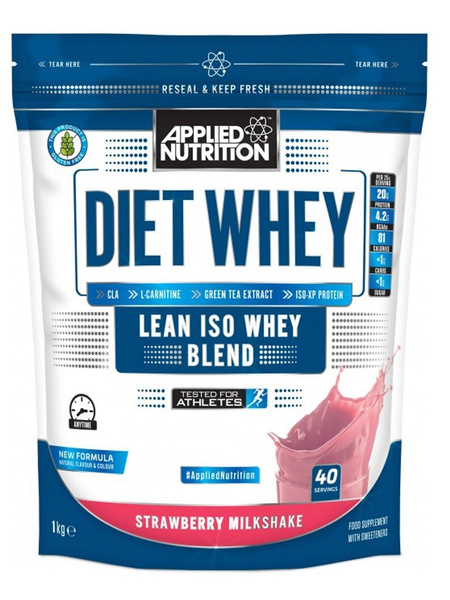
Diet Whey, Strawberry Milkshake - 1000g
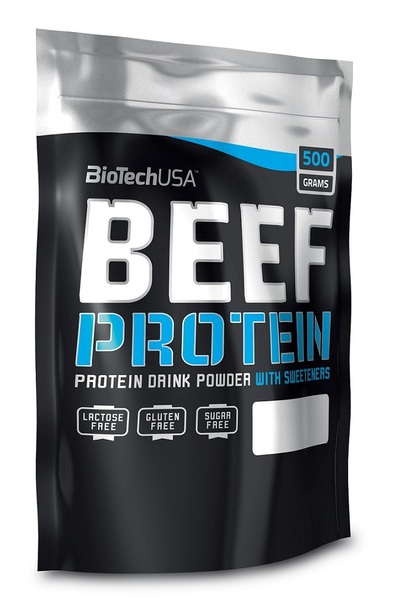
Beef Protein, Strawberry - 500g
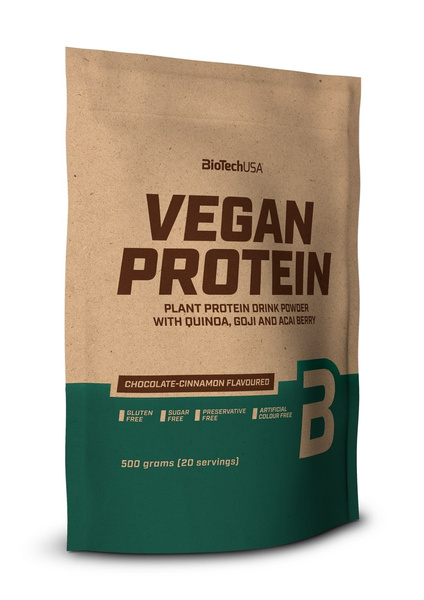
Vegan Protein, Banana - 500g
